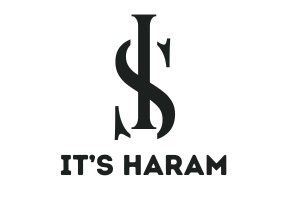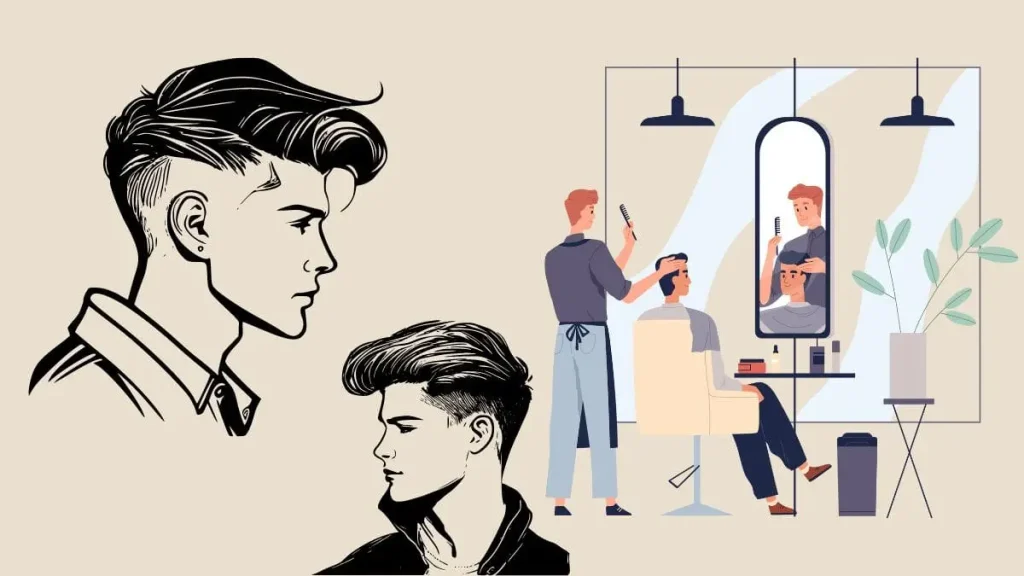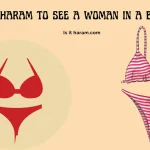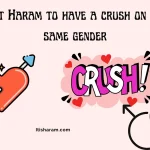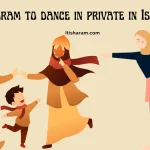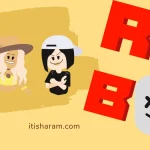You might be a fashion-loving young man. You apply different styles to your hair. Fades are quite popular among haircuts. But do you know if Islamic fades are haram? If your answer is no, then this blog post is for you.
From here you will know which type of haircutting is acceptable in Islam and which type of haircutting is haram. Then you can decide for yourself.
We hope that as a conscious Muslim, you will accept the hair cutting prescribed by the Qur’an and Sunnah. Get out of the lifestyle of heathens and heathens and lead your life in a beneficial way for the hereafter.
What are the fades in haircuts and their types?
Fades are a popular hairstyle, which gradually changes from short to long hair. Fades usually start with very short hair at the bottom and gradually increase in length as you move toward the sides and back of the head. and Fades aim to create seamless and smooth transitions between different lengths of hair.
There are different types of fades, and it depends on personal preference and desired style. A few common types of fades:
Lower Fade: The fade starts very short near the hairline. This style gradually lengthens as it moves upwards. It keeps the hair short around the ears and the hair big on the front of the head.
Mid Fade: This fade starts from the sides and back of the head. It balances between low and high fade styles.
High Fade: It has quite large hair in the middle of the head. And keep the hair very short on the back and sides of the head. This results in quite a contrast between the shorter sides and the longer hair on top.
Skin Fade or Bald Fade: In a skin fade, the hair is cut very short, often under the skin. It creates an almost seamless transition from hair to skin.
fades are very popular haircuts in the modern age. Its form and appeal change according to the different desires and preferences of different people. It can also be applied to different hairstyles.
Such as pompadours, quiffs, or textured crops. Barbers can adjust hair length in several ways. This results in a polished and stylish haircut. Certain types of fades are chosen by individual style preferences.
Are fades Haram?
Yes, fades are Haram. But the law fade will not be haram. Because there is not much disparity between the hair on the side of the head and the hair on the middle part. The only role model in the life of a believer is the Holy Prophet (PBUH). Then those who have built a life according to the Sunnah of the Holy Prophet (PBUH). If you imitate someone of the opposite pole, there is a danger of being in danger according to the commentary of the hadith. That would be haram.
The current Muslim generation is used to different types of fades such as mid fades, high fades, and skin fades. But these fades are forbidden. Because it is the practice of non-Muslims. In this regard, the Prophet (peace be upon him) said, ‘Whoever imitates a sect, he will belong to them. (Abu Dawud, Hadith: 4031).
Among the hairstyles that are popular among non-Muslims today, are shortcut or undercut, classic cut, fade cut, crew cut, buzz cut, layer spike, emo sweep, etc. None of these are supported by Islam. They are Haram. Currently, the style is to keep big hair in some parts of the head and short hair in some parts. In some cases, some parts are cut off. The Prophet (PBUH) forbade cutting hair in this way.
Hadith About Fades Being Haram
On the authority of Ibn Umar (RA), I heard the Messenger (PBUH) forbidding Qaza. (Narrated Obaidullah) I asked, What is ‘Qaza’? Then Abdullah (R.A.) pointed to us and said, When children are shaved, they leave hair here and there.
While saying this, Obaidullah showed his forehead and both sides of his head. Obaidullah was asked again, is the same instruction for boys and girls? He said, I don’t know. Thus he spoke of the boy.
Obaidullah said I asked this again. He said, shaving the front and back of the male child’s head is not blameworthy. And (according to another interpretation) it is called ‘Qaza’ – leaving some hair on the forehead and leaving no hair anywhere on the rest of the head. Similarly, the hair of the head is cut from one side or the other side. (Bukhari, Hadith: 5921).
What Are The Negative Aspects Of Fades In Islam?
Islam as a religion prescribes certain lifestyle and hairstyle practices. However, cultural and social norms of the non-Muslim community fade due to the infiltration of the Muslim youth and affects the Muslim youth.
Because there are some negative aspects of fades in Islam. As a result, it has a bad effect on the Muslim lifestyle.
Imitation of non-Muslims: Fades imitate non-Muslim culture. This is against Islamic tradition. The style of non-Muslims ennobles the soul of Muslims.
Excessive vanity: Islam encourages modesty and modesty. fades destroy modesty and focus of worship.
Cultural sensitivity: Certain hairstyles, including fades in some cases, associate specific subcultures or trends. which does not align with the cultural sensibilities of particular Muslim communities.
Scholarly Opinion
Regarding fades, Muslim scholars say that the current generation is very fashionable. Their fashion awareness is also different. Today’s boys are also very conscious about hair care. They are paying special attention to new hairstyle fades to bring out their beauty. But fades are Haram in Islam.
In adopting fades they prefer to imitate some of the non-Muslims. From clothes to hairstyles, people can find exemplary personalities. But if you imitate the wrong people, there is a danger of going astray.
What is the alternative to Haram fades in Islam?
The Shari’ah prescribes three methods of keeping and cutting men’s hair.
A. Keep the Babri hair. There are three Sunnah methods of keeping Babri hair—
- Keeping hair up to the ear lobes. (Abu Dawud, Hadith: 4185)
- Keeping hair up to the middle of Limma ie neck and earlobe. (Abu Dawud, Hadith: 4187)
- Jumma i.e. keep up to the neck. (Abu Dawud, Hadith: 4183)
b. to shave According to Islam, shaving the head is also Sunnah. (Fatawai Mahmudiya: 5/149, Fatawai Faqihul Millat: 12/43)
c. Cut all the hair evenly. To observe the Sunnah of the Holy Prophet (PBUH) in the hope of reward, even if one cuts his hair in the manner prescribed by him, one can expect reward there. May Allah Almighty grant everyone the Tawfiq to follow the Sunnah of the Prophet (PBUH) in every aspect of life.
Frequently Asked Questions
Are Certain Hairstyles Haram In Islam?
Yes, Islam prohibits certain hairstyles. Especially the styles that non-Muslims cut their hair. Because Islamic education emphasizes cleanliness, modesty, and humility.
Is It Haram To Imitate Non-Muslim Culture Through Fades?
Yes, imitating non-Muslim culture through fades is haram. Because non-Muslim culture is imitated through fades. Islam encourages Muslims to maintain their identity and not to imitate practices contrary to Islamic values.
Does Islam Encourage The Adoption Of Certain Hairstyles?
Yes, Islam encourages the adoption of certain hairstyles. Islam emphasizes cleanliness and modesty. Encourages Muslims to maintain personal cleanliness and dress themselves by the Sunnah.
Does The Prayer Fade?
Yes, if a person prays with faded hair, his prayer will be purified because the prayer has no connection with the purification of the hair. Salah is work done by certain actions. So the person who fades will be purified by prayer. But for a modest and conscious Muslim, it is necessary to refrain from fades.
